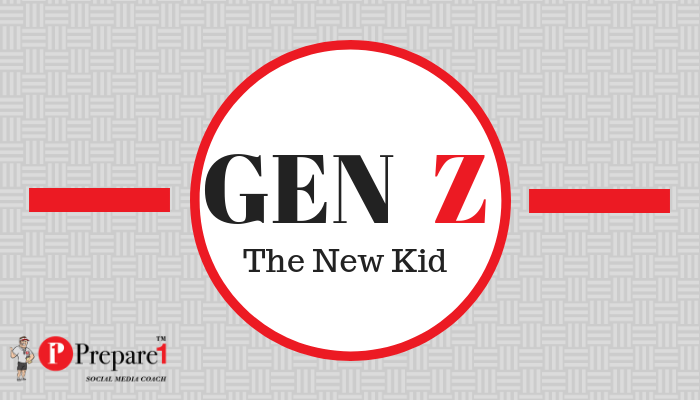
Who is Gen Z?
What do they have to do with millenials?
We’ve all been there. You’re chatting with a younger colleague about popular music, movies or sports, and you mention Michael Jordan scoring 55 in his comeback game against the New York Knicks, or the twist ending to The Usual Suspects, or seeing Pearl Jam tour their debut album. This is when your counterpart says something along the lines of, “No, I actually don’t remember that, I was born in 1996.”
Ouch. What a punch in the gut!
But beyond a clarion sign of your own impending mortality, these moments are good reminders for leaders that while these young professionals comport themselves well and are often very impressive, they come from a different time.
“Sorry Millennials, your time in the limelight is over.”
Move over Millennials, there’s a new incoming workforce–and they’re just as confusing to employers as you were.
Meet Generation Z. They were born in the mid-1990s to early 2000s (some debate on this point persists), and they’re on the cusp of entering the global workforce. According to the U.S. Census Bureau, in the United States Gen Z makes up 25% of the population, outnumbering Millennials and Baby Boomers.
That’s the conclusion of a new report from Barclays analyst Hiral Patel, who writes that it’s time for the Millennials to make way for the new kids on the block – Generation Z – a generational cohort born between 1995 and 2009, and already larger in size than the Millennials (1980-1994).
According to Barclays, the current fixation with Millennials makes them the most studied generation, which in turn has caused the use of this term to simplify to a label for anyone that may be young today; however the irony here is that Millennials are not necessarily young anymore and we run the risk of overlooking the next cohort – Generation Z – who are now coming of age.
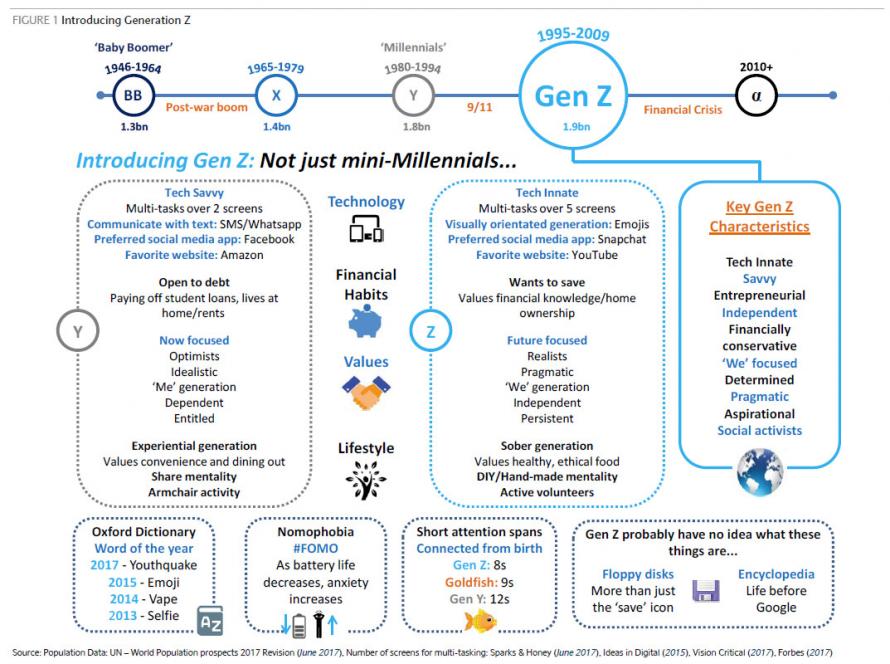
And yet, even as Generation Z enter their prime, many companies have yet to prepare for their arrival.
MILLENNIALS
Pew Research Center has been studying the Millennial generation for more than a decade. But as we enter 2018, it’s become clear to us that it’s time to determine a cutoff point between Millennials and the next generation. Turning 37 this year, the oldest Millennials are well into adulthood, and they first entered adulthood before today’s youngest adults were born.
Most Millennials were between the ages of 5 and 20 when the 9/11 terrorist attacks shook the nation, and many were old enough to comprehend the historical significance of that moment, while most post-Millennials have little or no memory of the event. Millennials also grew up in the shadow of the wars in Iraq and Afghanistan, which sharpened broader views of the parties and contributed to the intense political polarization that shapes the current political environment.
And most Millennials were between 12 and 27 during the 2008 election, where the force of the youth vote became part of the political conversation and helped elect the first black president. Added to that is the fact that Millennials are the most racially and ethnically diverse adult generation in the nation’s history. Yet the next generation – those currently 21 or younger – is even more diverse.
Millennial fixation fatigue
In popular culture, Millennials are the generation used comparatively whenever anyone talks about behavioural differences between generations, with ‘You’re such a Millennial’ being a common phrase. It is more often than not used in a derogatory manner, with common misconceptions painting all Millennials as lazy, avocado-loving, narcissistic and self-entitled (Time). To help illustrate, if you were to Google the phrasal template ‘Millennials are’, the search engine’s auto-complete highlights some perceptions of this cohort – Figure 3.
This fixation hasn’t evolved with the passage of time, given that many Millennials are not necessarily young any more. We argue that the golden age of the Millennials is over and view their successors – Generation Z – as the new kids on the block.
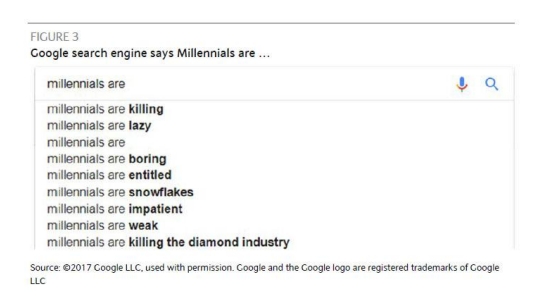
GEN Z
The most crucial thing that separates this group from their Millennial forbearers is their expectations. Graduating in the midst of the worst economic crisis since The Great Depression with the memory of 9-11 fresh in their minds, Millennials (and many of us Gen Xers, as well) carry a nonspecific sense of dread about our economic and social conditions.
They toiled during a particularly dour moment in the country’s history, one where we were told that recovery would be slow, that we should be happy just to have a job, and that we probably would not enjoy the same quality of life our parents did.
One in five Gen Z-ers believe that personal debt should be avoided at all costs, while 56 per cent say they have discussed saving money with their parents in the last six months, according to a survey conducted by the Centre for Generational Kinetics.
Gen Z may be less optimistic than Millennials about their work opportunities.
They report greater anxiety than Millennials when it comes to fears of underperformance, that no one will listen to them, and that they won’t find a job that’s a good fit for their strength and personality. And while there are some areas where this group is less anxious than their Millennials counterparts, a quarter to a third still fear that they won’t achieve their career goals and that they’ll be trapped with no greater opportunities.
Of greatest concern?
Seventy-one percent of Millennials believe they will achieve a higher standard of living than their parents. Just 56% of Gen Z feels the same.
TECHNOLOGICAL ADVANCEMENTS
While Millennials were digital pioneers witnessing the introduction of broadband internet, smartphones and social media, Generation Z are digital natives, not knowing a world any different to the hyperconnected one in which we live today.
For example, a Millennial would remember the pain of experiencing a floppy disk error or having to experience the social pressure of maintaining an ‘online’ MSN messenger status using dial-up internet.
However, Generation Z can’t remember a time without technology at their fingertips. One of the biggest worries for this generation is whether or not they have enough battery life.
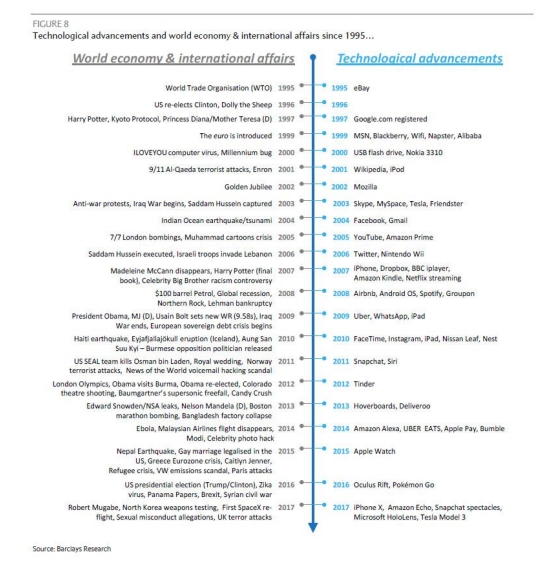
FINAL THOUGHTS
Finally, don’t believe the generational generalizing hype. Like almost all generations before them, the ascendance of Gen Z is coming replete with “Gen Z is too _____”-think pieces. This type of opinionating is almost always wrong.
Already, some “experts” are tagging Gen Z as a cohort of introverts who struggle to make personal social connections. This echoes all manner of assumptions made about “these darn kids” for decades—maybe longer.
Forget the trend pieces and assumptions. When managing your new influx of Gen Z employees, consider the context, and react to that.
About Blair
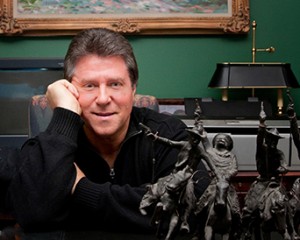
Blair Evan Ball is a Social Media Coach and founder of Prepare1, a company that works with businesses, individuals and non-profits. He is a former executive with a Fortune 50 company, and his national division did $1Billion+ in sales annually.
Blair has written three e-books: Facebook for Business Made Easy, Facebook Pages for Business Made Easy, and WordPress Blog Setup Made Easy.
Blair also educates, trains entrepreneurs and business professionals how to amplify their brand, increase revenues, and raise more funds.
![[Study] How Will Businesses Change Their Social Media Activities 5 Golden Rules for Sharing on Social Media](https://www.prepare1.com/wp-content/uploads/2014/03/COACH-logohat-162x300.jpg) The Race is ON! | PREPARE | Get into the Game and WIN!
The Race is ON! | PREPARE | Get into the Game and WIN!





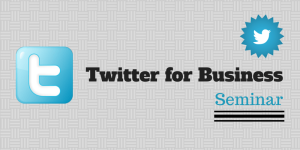
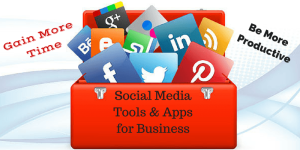
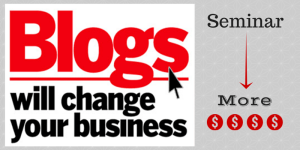
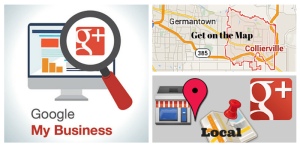

Comments on this entry are closed.
{ 10 trackbacks }